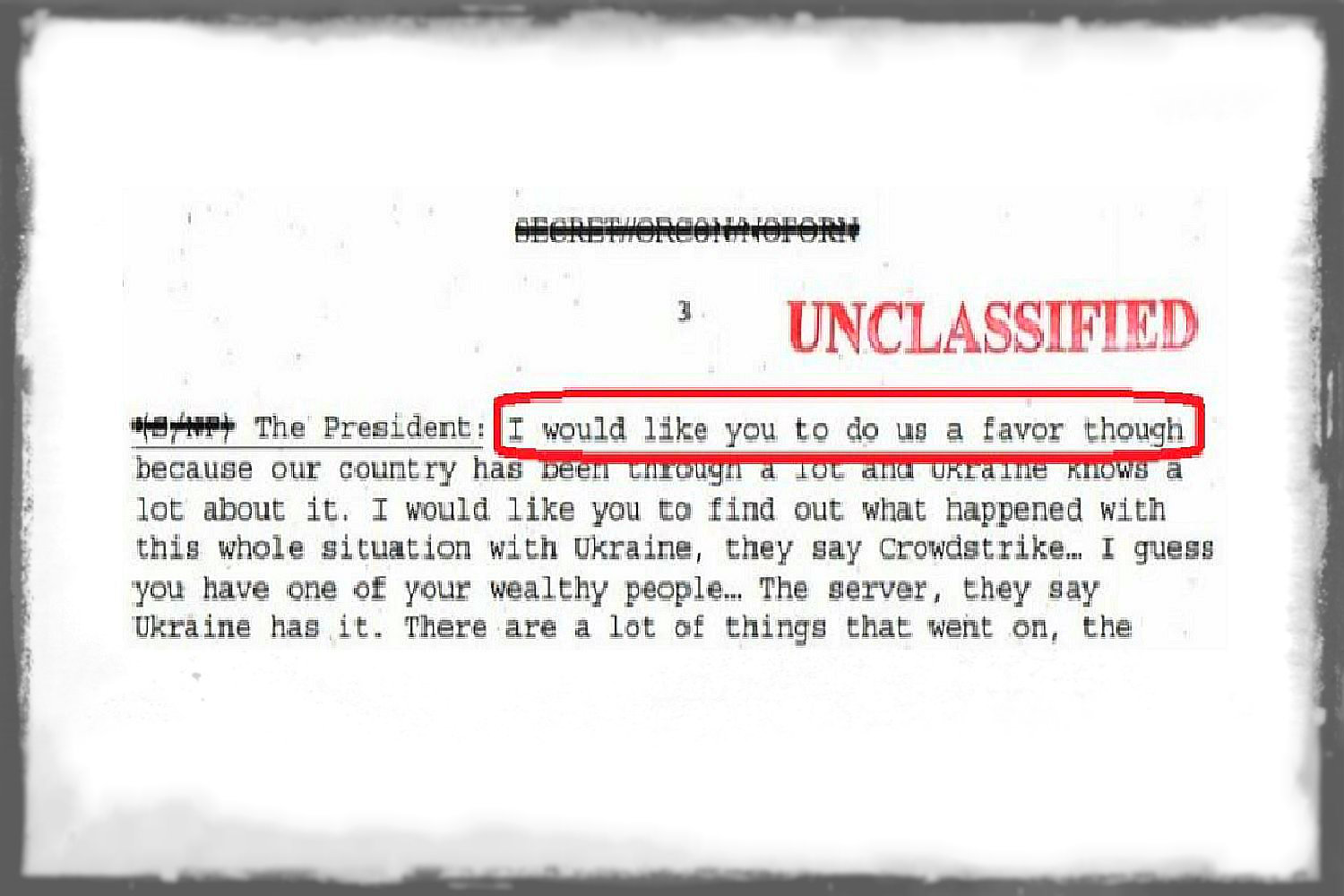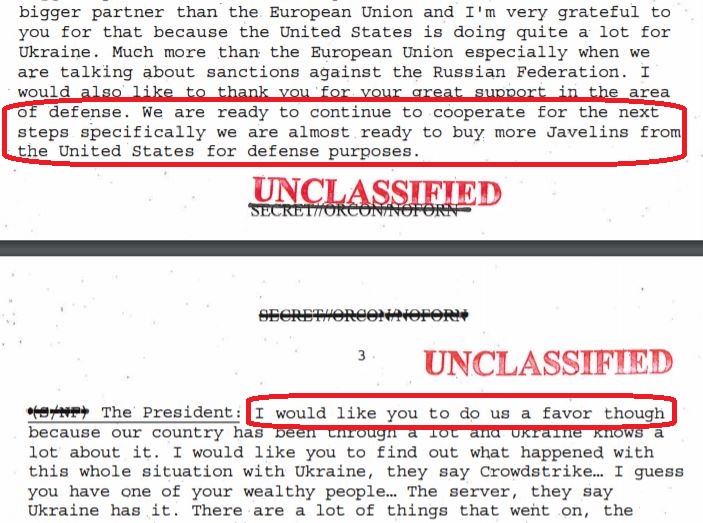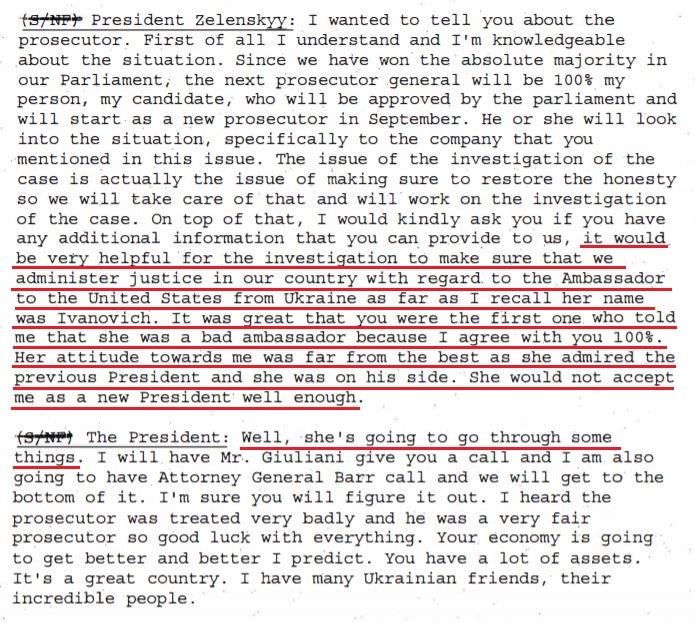Minority Report: Botheration Benefits Bannon
[NB: Check the byline, thanks. /~Rayne]
At the risk of annoying the rest of Team Emptywheel — especially our resident attorney and in part because I’m not a lawyer myself — let me offer a minority report and note we have a serious problem.
You’ll recall one-time Chief Strategist and Senior Counselor to then-President Trump Steve Bannon refused to answer a subpoena issued by the House January 6 committee.
You’ll also recall that the House then debated and voted on a charge of contempt of Congress.
The House then referred the charge once passed to the Department of Justice.
Many Americans are disappointed that Bannon is still out walking around as if U.S. laws don’t apply to him. It doesn’t help matters that Trump pardoned Bannon for conspiracy to commit mail fraud and money laundering, a pardon which has the appearance that it may have been intended as payback and as advance compensation for helping to organize the January 6 insurrection.
And now those Americans are even more disappointed that Bannon has now blown off Congress without any repercussions so far. It’s not obvious to the public why it takes so long to bring the scruffy bucket of excess shirtage, whiskers, and pudge to answer their representatives’ questions.
Bannon is thumbing his nose at the American people and they know it.
~ ~ ~
Persons who’ve worked in federal law enforcement insist the Department of Justice is working on this and the rule of law simply takes time, chiding us not to be like those people, implying behavior like the “deplorables” who chant “Lock him up!”
“We want a system of govt in which the rule of law works, not one that responds to crowds that loudly chant “lock him up”..while it’s not easy to live thru the struggle to restore a functioning democracy, the hard work & even the waiting are worth doing” https://t.co/hMQXv9dwOO?amp=1
8:19 AM · Nov 9, 2021·Twitter for iPhone
Except the American people have seen justice work too rapidly and unfairly for those who aren’t privileged. They expect a reasonable effort to effect justice speedily; justice delayed is justice denied. The tick-tock has been annoyingly like water torture — drip, drip, drip wearing on stone:
July 1 — Six months after the insurrection the House January 6 committee was approved and formed.
September 23 — It took two and a half months to subpoena Bannon who had been an advocate if not an organizer for the rally on January 5 and 6.
October 8 — President Biden refused to exert executive privilege over documents requested from the National Archives by the committee.
October 8 — Bannon was supposed to testify October 14 but his lawyer communicated on October 8 to the committee Bannon would not comply with the subpoena because former president Trump exerted a claim of executive privilege.
October 14 — Bannon does not report to the House committee.
October 19 — The committee began the process to hold Bannon in criminal contempt on the date Bannon was supposed to testify; the committee voted unanimously on October 19 to hold Bannon in contempt.
October 21 — Congress approved the charge on October 21 so that the charge could be referred to the Department of Justice.
October 25 — President Biden again refused to exert executive privilege over documents requested from the National Archives by the committee. No privilege has been claimed by Biden with regard to Bannon.
The public has seen no concrete action by DOJ in response to the contempt charge against Congress — a charge which should result in arresting Bannon, taking him into custody, and charging him with contempt until he complies.
23 days later, what the public sees is Bannon still doing whatever he does on any average day besides shave.
And the folks who’ve worked in law enforcement continue to say this simply takes time.
~ ~ ~
Except Congress itself is irritated, if Rep. Connolly’s opinion is more widely shared among his colleagues:
“I think the Justice Dept. takes too long and I think the courts take too long… We need to be getting things done in real time. People died because of the conspiracy that these people were involved in to overturn the election” –
@GerryConnolly w/ @NicolleDWallace https://twitter.com/i/status/1457855531725557766
Congress members have good reason to be irritated; if DOJ couldn’t see ahead from Day One of the Biden administration that some Trump administration officials, staffers, and other supporters would resist a Congressional investigation into any allegation of Trump or Trump-adjacent wrongdoing, they had to be naïve or grossly incompetent. The impeachment investigations gave ample examples of what would happen and hinted at worse.
DOJ could at least have made an effort to appear ready to deal with intransigent witnesses. It’s not as if DOJ is unaware the public is bombarded with messaging all day long and in the absence of official messages, poor messaging will embed in the public’s consciousness.
The DOJ also has no good excuse for failing to execute the contempt charge. Congressional Research Service has at least twice in the last decade examined Congress’s ability to execute subpoenas and inherent contempt — the research has been done, it’s all neatly spelled out. Vet it if necessary but it’s pretty straightforward.
The biggest single reason DOJ shouldn’t dally is that it cannot question Congress’s speech or debate. An attack on the Capitol Building while Congress was in session is the most obviously legitimate reason for the House to issue a subpoena. Congress must know as part of its necessary speech and debate what happened leading up to and during the attack in order to:
(2) identify, review, and evaluate the causes of and the lessons learned from the domestic terrorist attack on the Capitol regarding—
(A) the command, control, and communications of the United States Capitol Police, the Armed Forces, the National Guard, the Metropolitan Police Department of the District of Columbia, and other Federal, State, and local law enforcement agencies in the National Capital Region on or before January 6, 2021;
(B) the structure, coordination, operational plans, policies, and procedures of the Federal Government, including as such relate to State and local governments and nongovernmental entities, and particularly with respect to detecting, preventing, preparing for, and responding to targeted violence and domestic terrorism;
(C) the structure, authorities, training, manpower utilization, equipment, operational planning, and use of force policies of the United States Capitol Police;
(D) the policies, protocols, processes, procedures, and systems for the sharing of intelligence and other information by Federal, State, and local agencies with the United States Capitol Police, the Sergeants at Arms of the House of Representatives and Senate, the Government of the District of Columbia, including the Metropolitan Police Department of the District of Columbia, the National Guard, and other Federal, State, and local law enforcement agencies in the National Capital Region on or before January 6, 2021, and the related policies, protocols, processes, procedures, and systems for monitoring, assessing, disseminating, and acting on intelligence and other information, including elevating the security posture of the United States Capitol Complex, derived from instrumentalities of government, open sources, and online platforms; and
(E) the policies, protocols, processes, procedures, and systems for interoperability between the United States Capitol Police and the National Guard, the Metropolitan Police Department of the District of Columbia, and other Federal, State, and local law enforcement agencies in the National Capital Region on or before January 6, 2021; and
(3) issue a final report to the House containing such findings, conclusions, and recommendations for corrective measures described in subsection (c) as it may deem necessary.
All of which is part of Congress’s legislative purview.
Nor should the DOJ find a way to punt to the judiciary since the court has already repeatedly agreed that under Article I, Section 8, Clause 18, Congress’s implied powers of investigation are essential to its ability to legislate — and subpoenas are part of that power to investigate.
As for the excuse given by Bannon for not complying with the subpoena: executive privilege belongs to the office, not the person. The current executive has so far declined to exert privilege over anything Bannon provided to Trump during the eight months Bannon was a federal employee and adviser to Trump. There’s no executive privilege over any acts Bannon exerted as a private individual on behalf of candidate Trump’s campaign; Bannon can avail himself of his Fifth Amendment rights when questioned by the January 6 committee as he and his attorney feel appropriate.
~ ~ ~
The charge is dirt simple and obvious: Bannon didn’t comply with the subpoena, violating 2 USC 192 – Refusal of witness to testify or produce papers, and 2 USC 194 – Certification of failure to testify or produce; grand jury action. He’s not the executive, nor is Trump the executive, and the current executive has made no claim, making Bannon’s claim of executive privilege at Trump’s request invalid.
The January 6 committee is investigating a domestic terrorist attack upon the United States Capitol Complex, interfering with government operations. Though fewer deaths resulted, it’s a crime on par with 9/11 in that terrorists attacked the United States with intent to disrupt our government — or worse, since it was an attack directly on the people’s representatives with the intent to overthrow the government (through an autogolpe).
Should we really expect the public not to get antsy about the apparent lack of action given the seriousness of the crime and the persistent inability of the House to consistently obtain compliance from witnesses under both the 116th and 117th Congress?
Should we really expect the public not to be itchy when the current Attorney General admits to having been insulated by “the monastery of the judiciary” for years (an approximate paraphrase of an analogy Garland made during during an October 4 interview with Jane Mayer of The New Yorker)?
Should we really expect a majority of the American people not to be concerned about the length of time it takes to arrest and detain a white male investment banker and media executive who was Trump’s adviser, when they elected this administration to both undo the damage of the Trump years AND restore faith in their government?





